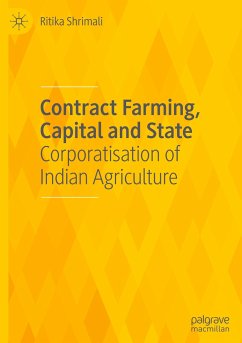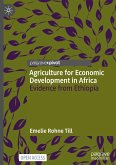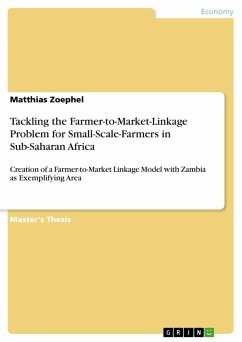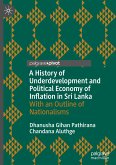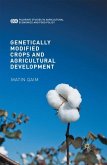The book argues that an increasing corporatisation of agriculture in India that is enabled by its neoliberal State, in the name of 'development', is contributing towards deepening of inequality in the rural India.
It says that Contract Farming (CF) acts as a conduit that enables the coming together of myriad production relations (mercantile, finance, productive) to sell agri-commodities to the capitalist peasant. It is an accumulation strategy that brings together various factions of domestic and foreign capital together. It shows that CF as an accumulation strategy is enabled by an active interventionist state and this neoliberal Indian state mediates the relation between the agri-capital and Indian peasantry.
The book further analyzes contract farming as a part of the totality of the capitalist mode of production in context of developing countries with a large agrarian base--- asking three fundamental questions - what is CF, how and why is it done and what are the implications of it.
It says that Contract Farming (CF) acts as a conduit that enables the coming together of myriad production relations (mercantile, finance, productive) to sell agri-commodities to the capitalist peasant. It is an accumulation strategy that brings together various factions of domestic and foreign capital together. It shows that CF as an accumulation strategy is enabled by an active interventionist state and this neoliberal Indian state mediates the relation between the agri-capital and Indian peasantry.
The book further analyzes contract farming as a part of the totality of the capitalist mode of production in context of developing countries with a large agrarian base--- asking three fundamental questions - what is CF, how and why is it done and what are the implications of it.

